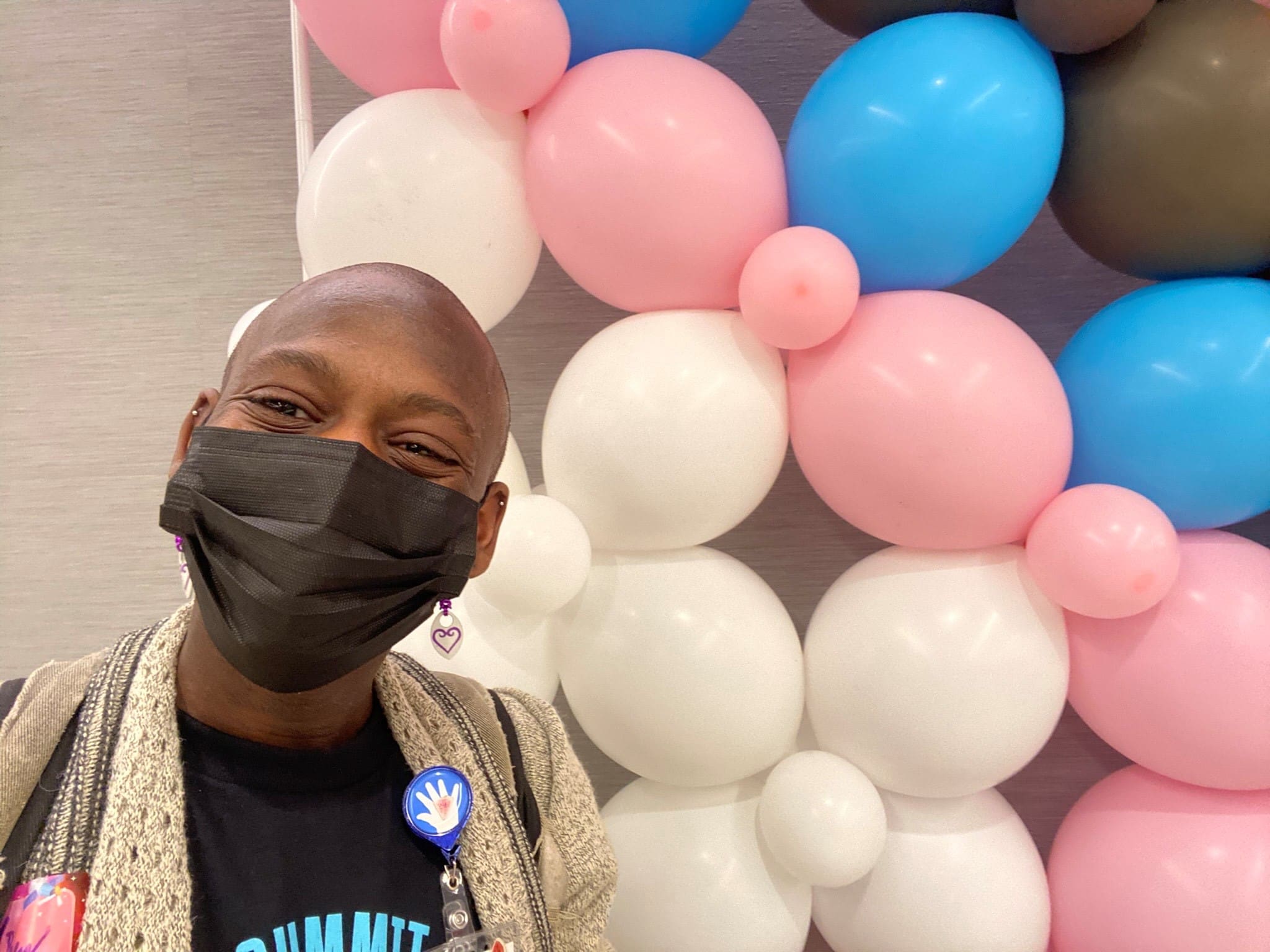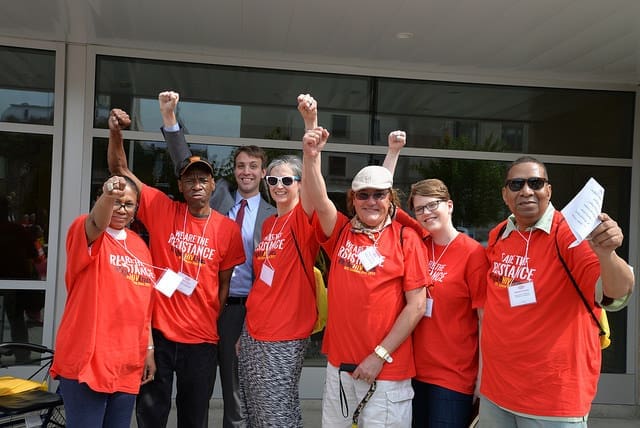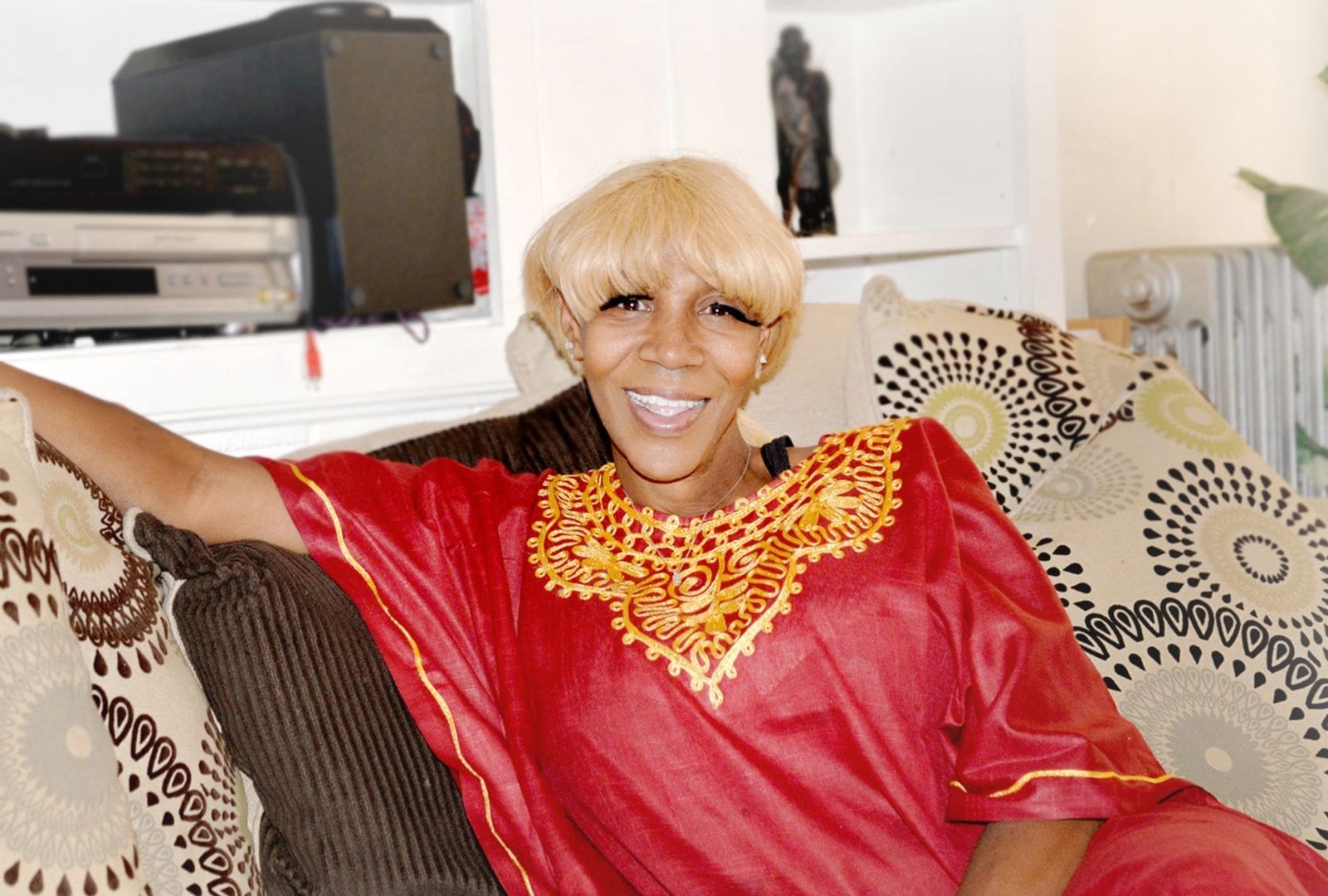Data collected from our Getting to Zero-Illinois Dashboard shows that of people diagnosed with HIV in 2021, young people ages 20-29 are the largest group in Chicago and Illinois (about 35%, or 438 people out of 1,228 people diagnosed in the state). They are disproportionately Black (53%) and Latinx (21%). They are mostly male (84%) and gay men or MSM (67%).
Through teaching at various schools, Will has found that young people know the least about HIV compared to other STIs. The sex ed curriculum that Will teaches and helped developed through the Lurie Children Hospital’s program focuses on breaking down the stigma around HIV and teaching youth about PrEP and PEP. “Young people seem to have the idea that HIV is not manageable,” said Will.
However, with medications such as PrEP (Pre-Exposure Prophylaxis) and PEP (Post-Exposure Prophylaxis), you can prevent transmission if you are not currently living with HIV. Thanks to a recent law passed in Illinois that allows pharmacists to give you PrEP, PEP, and HIV tests without needing a physician’s order, these HIV resources are more accessible. There are many different treatment options available to people living with HIV and most reach a point in their treatment where they become undetectable or virally suppressed, meaning their viral load of HIV in their blood becomes so low that they won’t be able to transmit HIV through sex to a partner. *
Will teaches a harm reduction approach to sex ed rather than the fear-driven, abstinence-only curriculum they grew up with. “It was terrifying and scary; we were really thinking if you get an STD you are going to have it forever,” recalls Will. “I make sure my students know that all of them are treatable, a good deal are curable, but everyone can live long healthy lives with and after STIs, including HIV.”
Illinois is among the states with the highest PrEP coverage, and we are seeing a reduction in HIV cases. But we know that PrEP coverage is lowest among Black and Latiné people, populations for whom new HIV cases are dropping more slowly than they are among white people (or even increasing, in the case of Latiné people). In Chicago, young people ages 13-19 have the lowest rate of viral suppression (40%) of all age groups, followed by people ages 20-29 (56%), and youth living with HIV are disproportionately Black and are less likely to be successfully treated for HIV (GTZ IL dashboard, 2021).
“I can’t imagine there is any reason other than stigma that is keeping young people from accessing HIV resources,” said Will. “I feel like trusted adults in their lives, whether they are at home or at school or in their community, if they have young people who are interested in taking care of themselves and others in terms of their sexual health, I can imagine hesitancy around mentioning PrEP or PEP because of its stigma being associated with gay people — which is wild because it sounds like the message is they rather folks catch an illness than be protected because it’s associated with anything queer.”
Being in the classroom and in community with young people gives Will a chance to break down some of the stigma around HIV and resources like PrEP. “I get to be that representation that I wish I had when I was in the classroom, and it is important for us to encourage and empower the next generation because they will be the ones taking care of us,” said Will.
In Chicago, young people can visit the HIV Resource HUB, a community partnership between AFC and the Center on Halsted, for sexual health resources like HIV testing and PrEP and housing and support services, regardless of HIV status or immigration status. Get connected to care and visit hivhub.org or call 844-482-4040.
*This is also known as U=U, or Undetectable = Untransmittable. Viral suppression supports one’s individual and community health, as someone who is virally suppressed is healthier and cannot pass HIV sexually to their partners.



